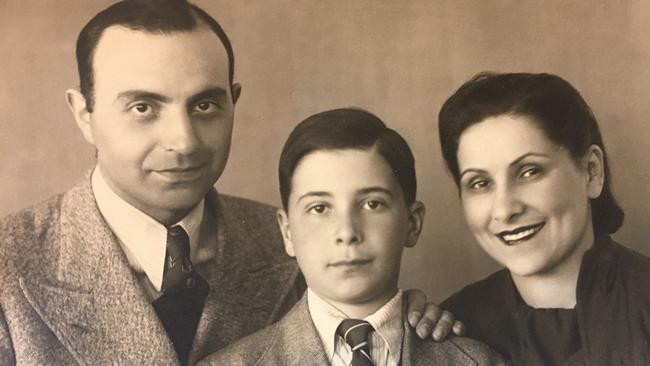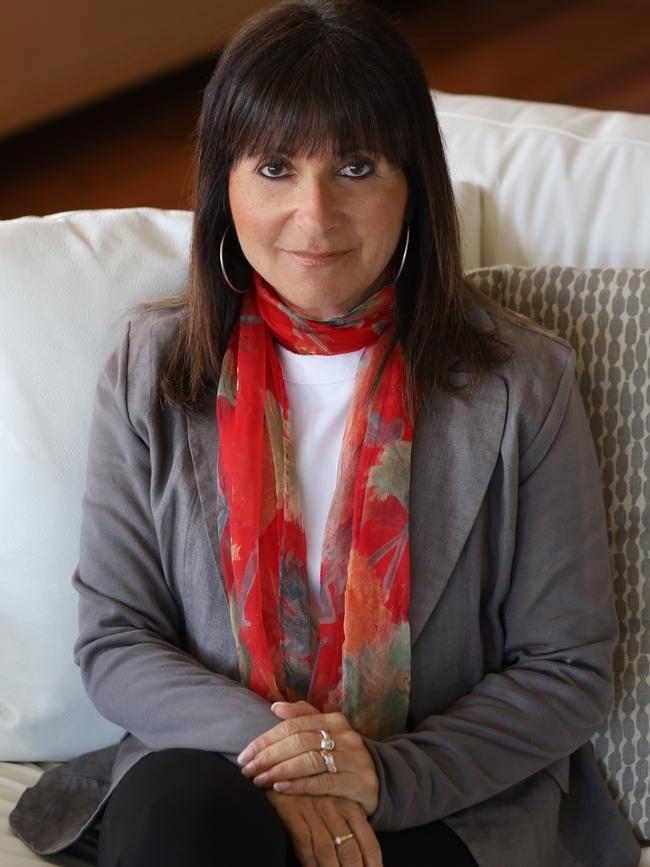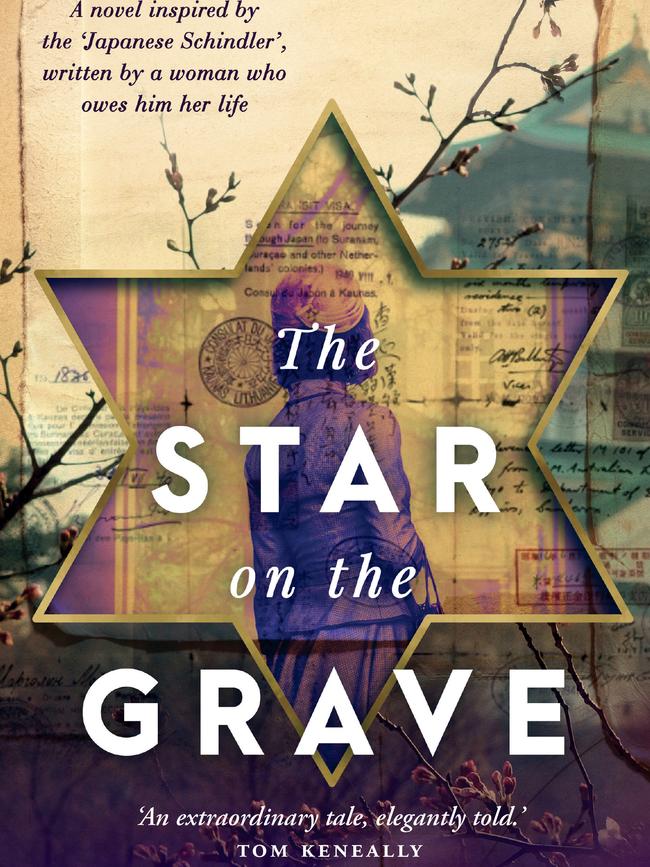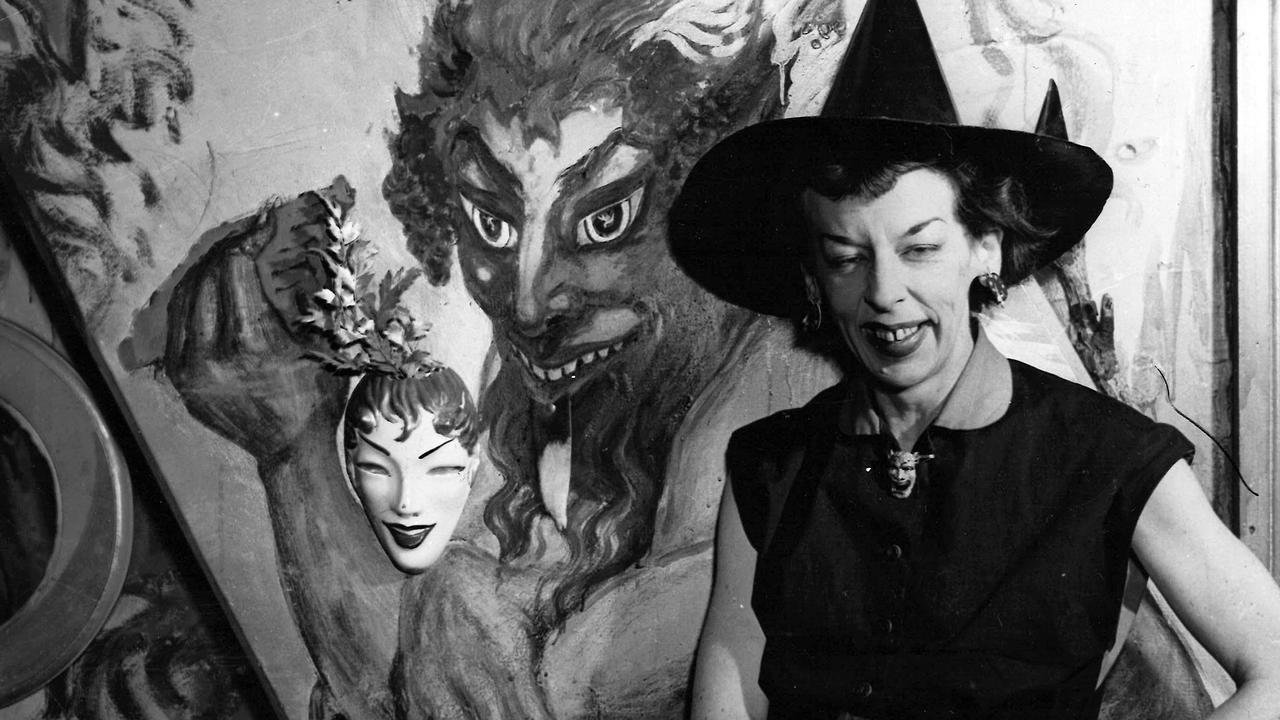The Aussie author who owes her life to the ‘Japanese Schindler’
Australian author Linda Margolin Royal says she is alive today thanks to a selfless Japeanese hero, who saved 6000 Jews from the Nazis.

In Black and White
Don't miss out on the headlines from In Black and White. Followed categories will be added to My News.
Australian author Linda Margolin Royal owes her life to a selfless hero named Chiune Sugihara, dubbed the “Japanese Schindler”.
He was a Japanese diplomat who defied his own government and risked his life to save 6000 Jews from the Nazis – including Ms Margolin Royal’s own family.
The story is told in the free In Black and White podcast on Australia’s forgotten characters:
Ms Margolin Royal’s new historical novel, The Star on the Grave, is inspired by Sugihara, who enabled Jewish refugees to flee the Holocaust by illegally issuing thousands of visas.
Sugihara was sent to Lithuania in 1938, a year before World War II erupted.
“They wanted him to monitor troop movements on the border, and to report back what the Germans and the Russians were doing,” Ms Margolin Royal says.
“So he was under the guise of a consul, a diplomat, but he was actually spying for the Japanese government.”
In 1939, Jewish refugees arrived in droves in Lithuania, including Ms Margolin Royal’s grandfather, who had been serving in the Polish army.

Once Sugihara issued a transit visa allowing a Dutch couple to flee Lithuania for Japan, before travelling onwards, word spread fast.
“One morning, Chiune and his wife, Yukiko, opened the embassy curtains, and the whole courtyard was flooded with hundreds of these gentlemen, who were refugees,” Ms Margolin Royal says.
“So Chiune went out and met with one of them and said, ‘What’s the story?’
“And they said, ‘Look, we heard that you’ve actually issued a visa to this couple, we all need to get out of here, we’re quite desperate, would you be able to do the same for us?”


Sugihara and his wife, who had young children, discussed their options.
“They both decided that they couldn’t let these desperate refugees die, which was obviously going to be the fate,” Ms Margolin Royal says.
Sugihara began issuing visas, even before seeking permission from his superiors.
“I think he kind of knew he was in defiance, because they were allies of Germany,” Ms Margolin Royal says.
Sugihara had already issued up to 1000 transit visas over a couple of weeks when he sought permission, and was then refused repeatedly.
“And he decided, ‘I’m just going to continue doing it – it’s the right thing to do,’” Ms Margolin Royal says.
“Or some reports say that he said, ‘If I don’t issue these visas, I’m disobeying God.’
“About 6000, he saved, with no agenda, other than it was the right thing to do, and at great risk.”
To find out more, listen to the interview in the free In Black and White podcast on Apple Podcasts, Spotify or web.
See In Black & White in the Herald Sun newspaper every Friday for more stories and photos from Victoria’s past.


